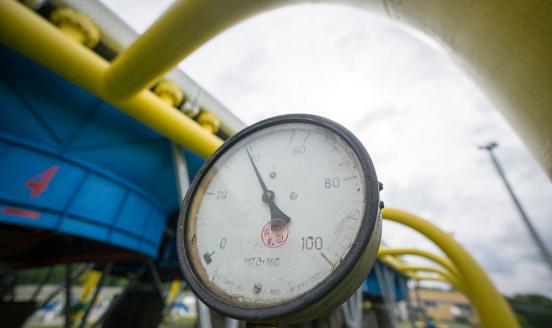
Cecilia Trasi
Cecilia works at Bruegel as a Research analyst. She completed a BSc in Economics at Università Cattolica in Milan, and then a Master's in Public Policy at the Hertie School in Berlin.
Before joining Bruegel, Cecilia pursued a Blue Book traineeship at the European Commission in DG INTPA focusing on renewable energy and green hydrogen and cooperation with countries in Sub-Saharan Africa. During her studies, Cecilia worked at the Organisation for Economic Cooperation and Development (OECD) on private sector development and trade in the Eastern Partnership. Also, she was a research assistant at the Hertie School, investigating the effect of the rise of China on European governance in the areas of trade and finance.
Cecilia is fluent in Italian and English and has a good command of German and French.
Featured work
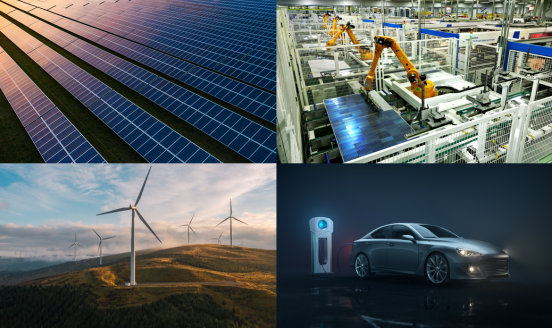
European clean tech tracker
This tracker provides an overview of the main innovation, manufacturing and deployment trends in clean tech in Europe
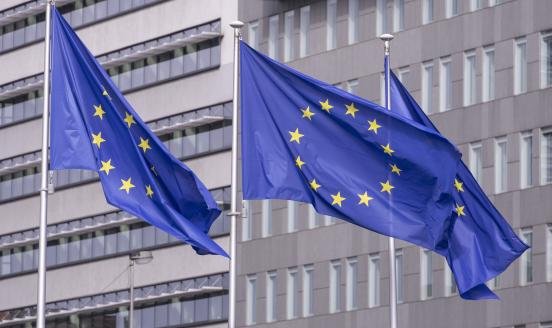
How Should Europe Think About Economic Security?
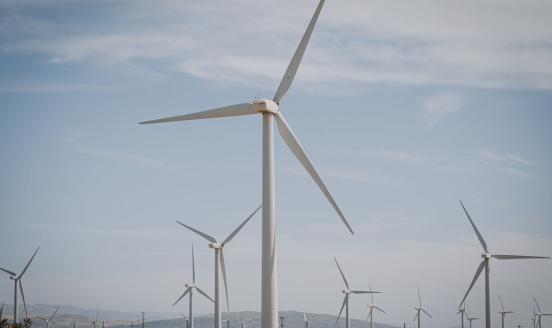
Green Industrial Policy in Europe: Past, Present, and Prospects

European Commission predicts skyrocketing demand for critical raw materials
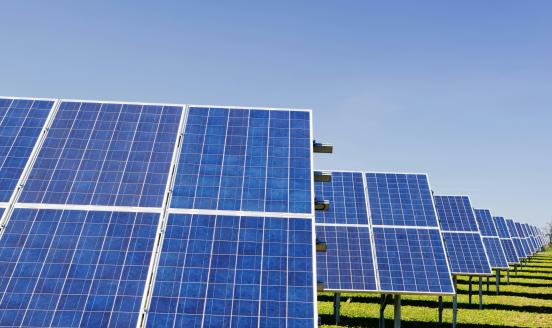
A smart solar strategy for Europe
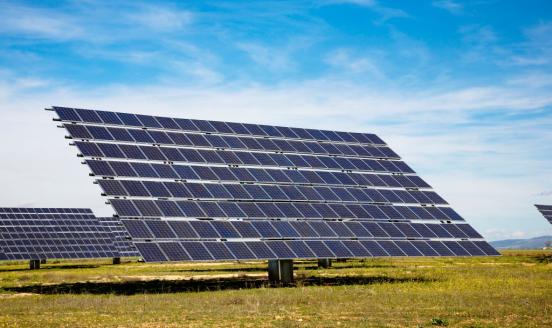
Smarter European Union industrial policy for solar panels
Accelerating solar deployment, stockpiling and diversifying imports would mitigate the threat to European economic security from solar PV imports
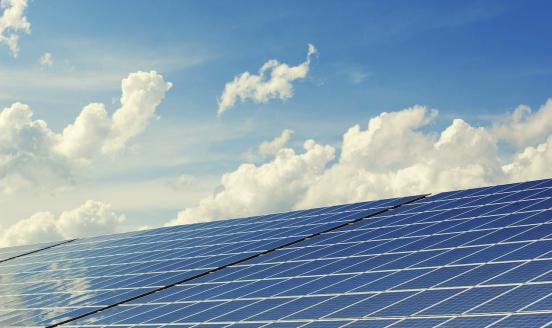
A smart solar strategy for Europe
Smart measures, not tariffs or blunt subsidies, should be deployed to strengthen Europe’s standing in solar power
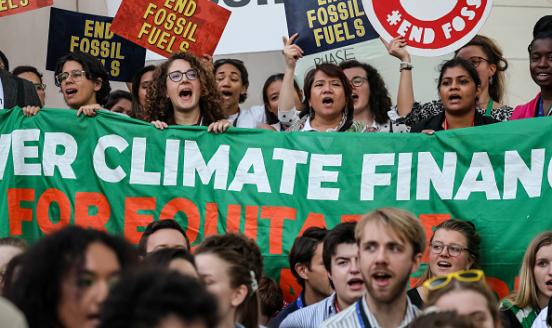
Europe’s time to lead on climate action
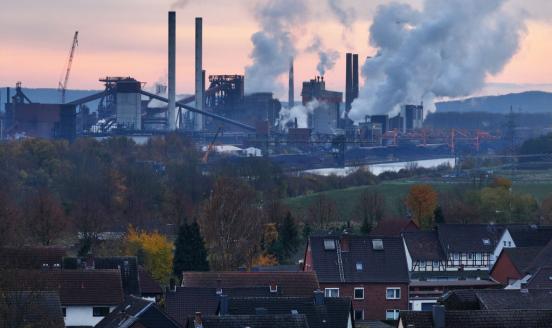
COP28: key issues at stake and indicators of success
COP28 must convey the importance to governments of better integrating climate considerations into financial decision-making.
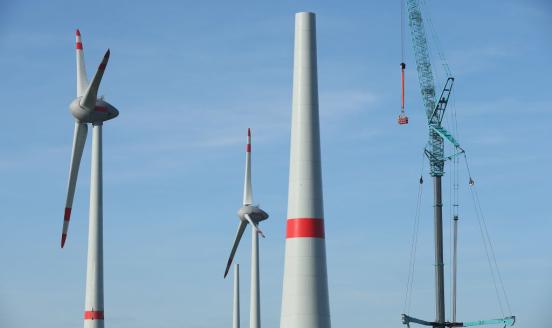
Sparking Europe’s new industrial revolution: A policy for net zero, growth and resilience
This book assesses what must be done to implement industrial policy in a way that will achieve overarching goals while minimising distortions.
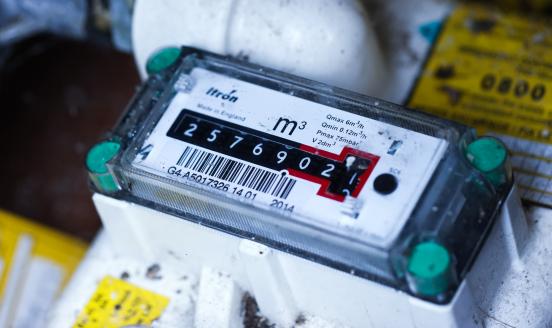
National fiscal policy responses to the energy crisis
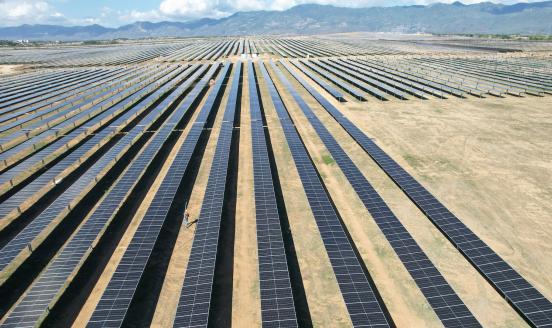
Cleantech manufacturing: where does Europe really stand?
A single European Union cleantech manufacturing capacity target should be based on an understanding of the situation in each cleantech sector
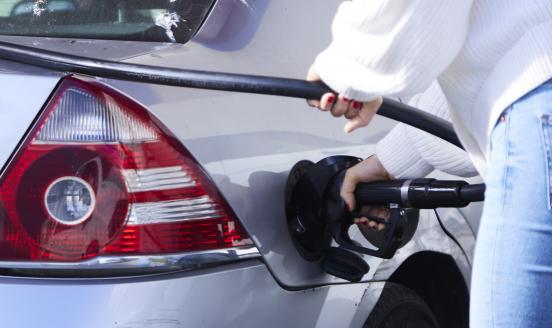
The fiscal side of Europe’s energy crisis: the facts, problems and prospects
Europe needs to move beyond emergency fiscal responses and focus on structural changes to allow the EU to accelerate its decoupling from fossil fuels.
